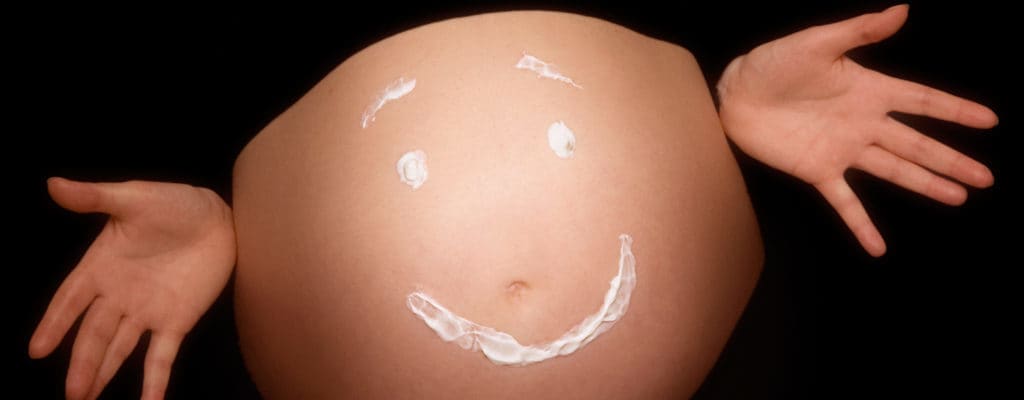
Genetic testing is considered as the most advanced method currently used to determine the risk of birth defects or not. Understanding the nature of this test is essential to helping parents make informed choices about childbirth.
Each year, about 3−5% of children born with birth defects. Most children with birth defects are related to genetic disorders. Before getting pregnant , you should have prenatal tests to make sure your health is safe for your upcoming pregnancy. The following shares will help answer questions for readers about the above issue.
When you need a prenatal test
Most women aged 35 and over when pregnant are more likely to have a child with a birth defect. In addition, sperm of men over 35 years old is also one of the causes of this phenomenon in children. Genetic factors also have a big impact on a child's health. In case your family already has someone with birth defects, before getting pregnant, you need to be tested to ensure the safety of the fetus.
Relationship between genetics and risk of certain diseases during pregnancy:
People from Eastern Europe or Ashkenazi are at higher risk, especially Tay-Sachs (dumb, delicate) and Canavan (spongy white dystrophy) diseases;
African Americans have a higher risk of sickle cell anemia than the average person;
Whites are at a higher risk of cystic fibrosis.
What are the characteristics of genetic testing?
There are many tests you need to consider before getting pregnant. Common tests to do include ultrasound to measure nape of the nape of the nape and the Double test for defects at the end of the first trimester and the Triple test in the 2nd trimester as well as Trisomy tests 13, 18, and 21. .
Test procedure like?
Usually, blood or saliva samples are collected by health care workers. This will not affect the health of you and your baby in the future.
What are the benefits of tests?
These tests do not endanger you or put you at risk of miscarriage. In addition, the tests will provide more information about your chances of getting pregnant and possible birth defects in your baby.
What problems may you face with the test?
Genetic testing cannot accurately diagnose whether the baby is sick or not. Through the results of the test, you know if your baby is at high risk of birth defects. Your doctor may order follow-up tests, such as amniocentesis or placenta biopsy, to get more information.
What kind of tests can you do?
Sequential serial test
This is a screening test that combines three parts of information obtained during two stages of pregnancy to determine whether the fetus is at risk for Down syndrome, Edwards syndrome (trisomy 18) and neural tube defects. business or not. The first test is usually done during the first trimester, between weeks 10 and 13.
Triple test
This is a blood test usually done between 15 and 20 weeks of pregnancy. The results of this test show the risk for certain birth defects of the fetus such as Down syndrome and neural tube defects.
Ultrasound of pregnancy week 20
This ultrasound is performed during the second trimester of pregnancy, usually between 18 and 22 weeks, to diagnose the risk of heart defects, cleft palate, cleft palate, kidney problems, abnormalities of the legs during brain formation.
How many general tests do you need?
Usually, you only need to have one checkup for the entire pregnancy.
Other tests and tests
Diagnostic tests
Diagnostic tests are performed to identify or rule out genetic or chromosomal abnormalities. There are two common types of diagnostic tests performed during pregnancy:
Placenta biopsy;
Amniocentesis.
Test of the carrier
A carrier test is used to identify carriers of a recessive mutation that may cause a genetic disorder. If both you and your partner are tested, the results will then reveal a lot of information about the genetic risk of the fetus.
Genetic tests provide information about the risks your child is at risk for defects. Based on this result, your doctor will advise you during your upcoming pregnancy and assist you in deciding whether to continue the pregnancy or not.












